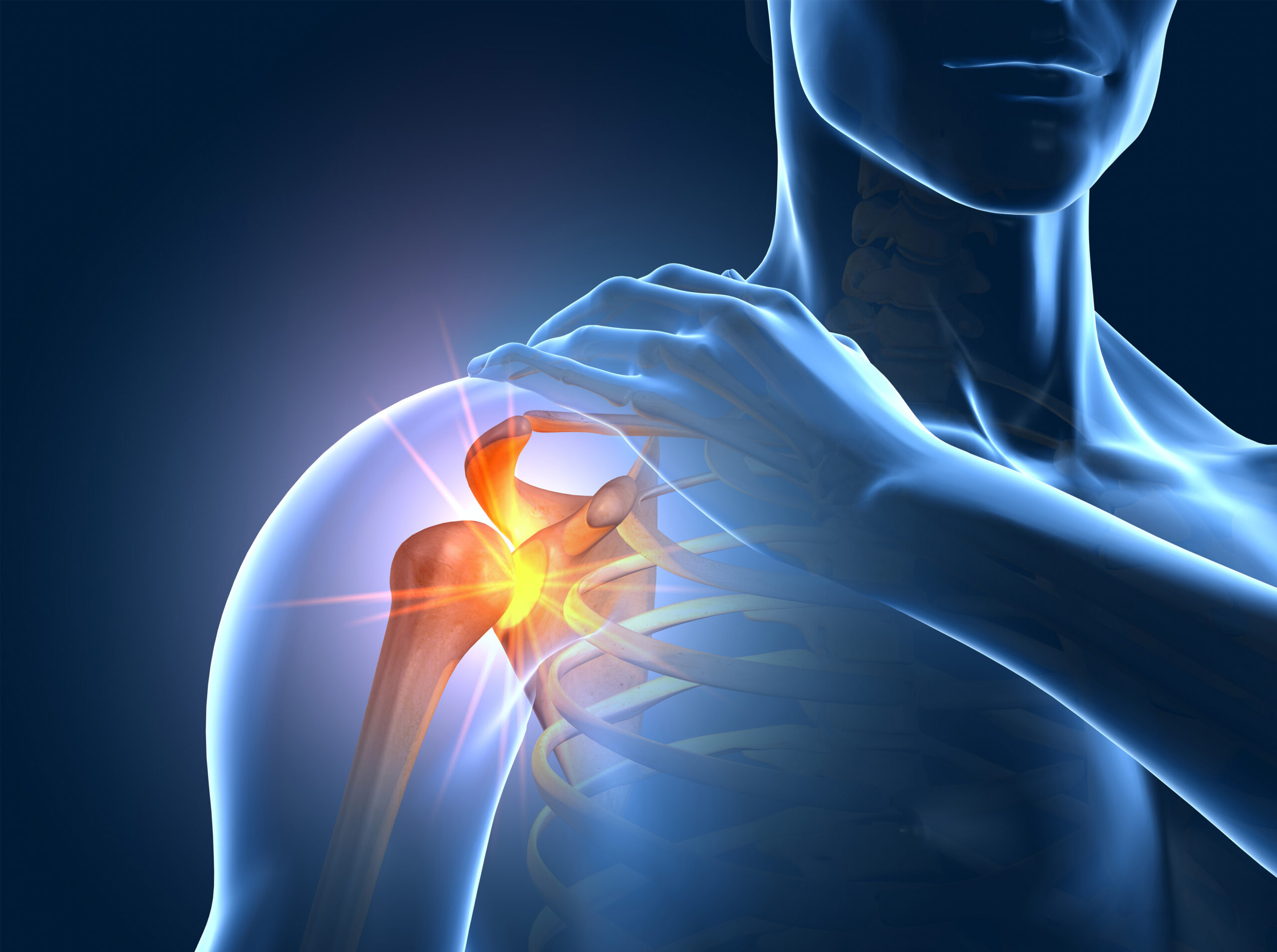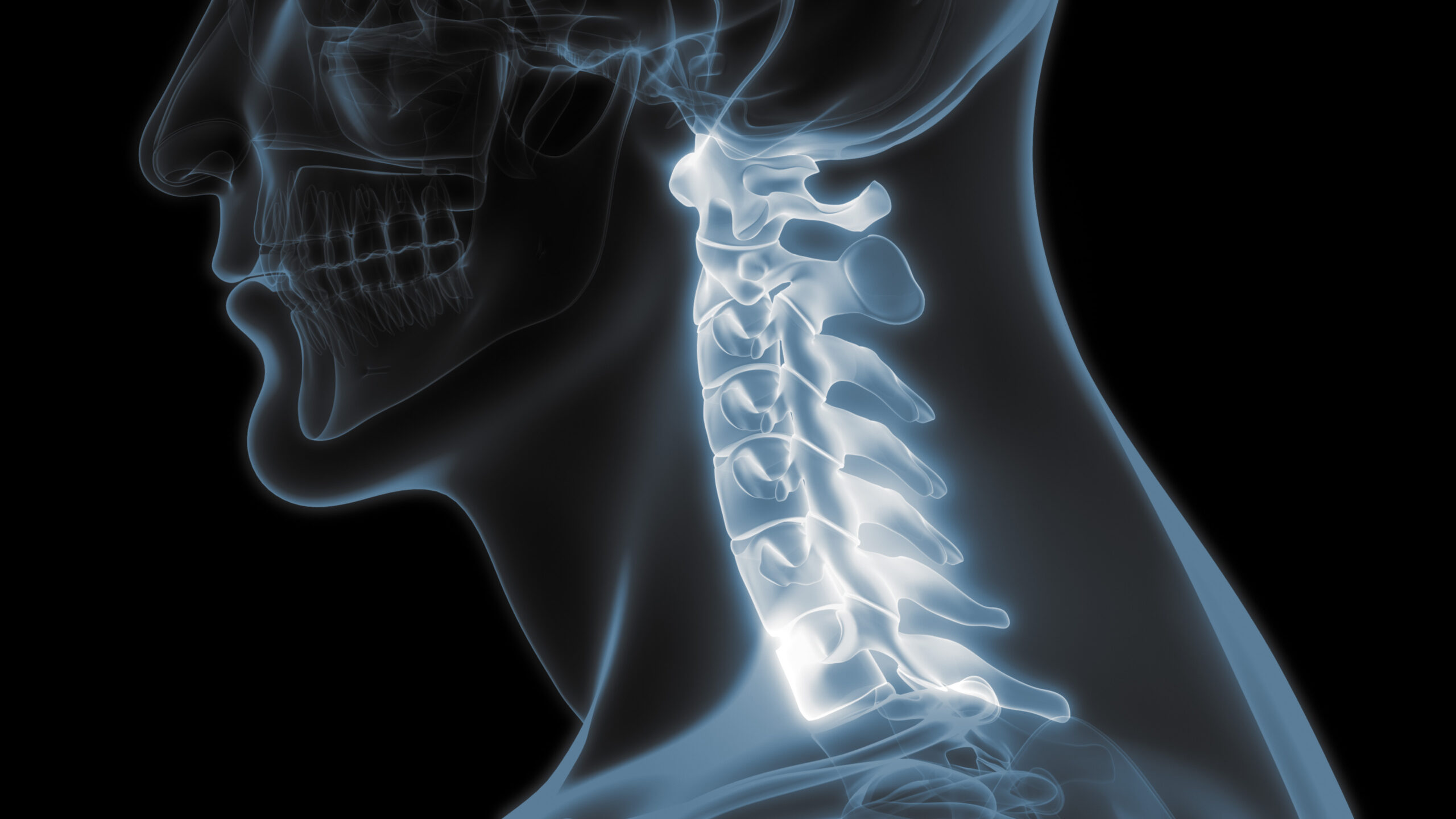Signs of Torn Rotator Cuff & What to Do Next
A healthy, functioning rotator cuff is essential for the fluid movement of your shoulder joint. The rotator cuff consists of four muscles that stabilize the shoulder. Damage to the muscles or ligaments of the rotator cuff can lead to significant pain as well as loss of range of motion. Rotator cuff damage is most common in people who perform repetitive overhead motions either at work or at play. This type of injury is also more common as people age. In some cases, a torn rotator cuff can happen as the result of a sudden injury. It is important to recognize the signs of a torn rotator cuff and seek treatment before causing additional damage.
Types of rotator cuff injuries
When you have injured your rotator cuff, the damage can be anywhere from mild to severe. There are three grades of strains:
- Grade one strains involve stretching but no tears
- Grade two strains involve partial tearing of the tendons or muscles
- Grade three strains involve a complete tear
If you have strained your shoulder joint, you may experience mild pain and inflammation. This type of injury can generally be treated at home with rest, ice, and anti-inflammatory medication. If you are finding that you are still in pain and have lost the use of your shoulder joint, it is important to know the signs of a torn rotator cuff.
Signs of a torn rotator cuff
Tears to the rotator cuff can either be chronic or severe. A chronic rotator cuff injury generally occurs in athletes or with those whose professions require frequent overhead movements. An acute rotator cuff tear occurs with a very sudden and forceful movement of the arm against resistance or to stop a fall. For both causes the same signs of a torn rotator cuff will be evident including:
- Pain worsens at night and inhibits sleep
- Weakness and decreased range of motion in the affected shoulder
- Pain worsens when lifting the arm high into the air
If you are experiencing these symptoms, it is important to be seen by a professional. Some rotator cuff injuries can be treated with physical therapy, but others may require surgery.
When and where to seek help
If you are experiencing the signs of a torn rotator cuff, you will want the care of experienced specialists. The doctors at Colorado Springs Orthopaedic Group can help. If you have experienced a sudden injury, the physicians at our Express Care Clinic are available to diagnose and treat your shoulder problem. If you are experiencing the worsening of chronic pain, please made an appointment to see one of our shoulder specialists for a consultation and treatment plan.


